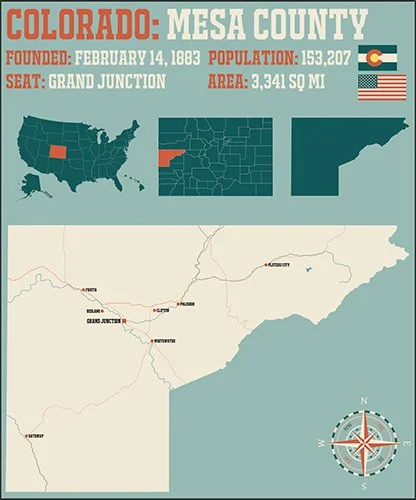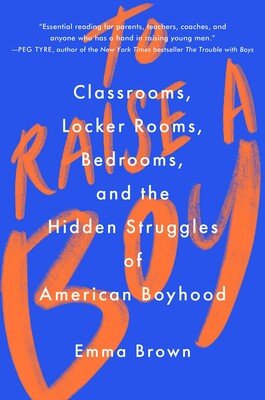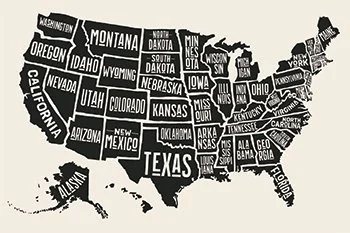Some Fine States, Part III - Colorado
An election clerk in Colorado is pushing conspiracy theories straight out of the Trump war room.
Read
Something weird is going on in Mesa County, Colo. Images, passwords and copies of raw data from election equipment mysteriously turned up online over the summer. Then Mesa’s elections clerk vanished, only to resurface weeks later, claiming she had uncovered fraud — in a county that Donald Trump won handily. This week, investigative reporter Emma Brown of the Washington Post breaks down this bizarre case from Colorado. It fits a national playbook designed to undermine the 2020 election and faith in voting systems.
Plus: Brown walks Will and Siva through her team’s very latest work, revisiting the run-up to the Jan. 6 insurrection at the U.S. Capitol. On the eve of that riot, Steve Bannon, Rudy Giuliani and other Trump advisors set up a “command center” one block from the White House to persuade Vice President Pence not to certify the Electoral College votes, and to pressure GOP legislators all over the country into disqualifying their states’ electors.
Meet
Emma Brown writes for the Washington Post. She came to journalism after working as a wilderness ranger and middle-school math teacher. Brown is the author of To Raise a Boy: Classrooms, Locker Rooms, Bedrooms and the Hidden Struggles of American Boyhood (Simon and Schuster, 2021). Follow Brown on Twitter @emmersbrown.
Last month Brown published an in-depth story on how Mesa County clerk and recorder Tina Peters snuck a fellow conspiracy theorist into her own office to make copies of voting-machine data, including passwords.
The revelation of Peters’s actions touched off an investigation by the Colorado secretary of state, Jena Griswold, who is suing Peters. This month a judge barred Peters from overseeing elections in her county.
Just this week, along with members of her investigative team, Brown co-authored a new piece in the “big lie” debacle. It detailed the extent to which the Trump war room went to overturn the 2020 election results.
In her new book To Raise a Boy, Brown travels the country in search of strategies for parents in the #MeToo era to raise men who reject toxic masculinity. You might recall that Brown broke the story, in 2018, about then–Supreme Court nominee Brett Kavanaugh’s accuser, Christine Blasey Ford.
Learn
For a time over the summer, Peters vanished from public view, apparently under the wing of MyPillow CEO Mike Lindell. Lindell told Vice News that Peters was “worried about her safety.”
It’s hard not to puzzle over this paradox: With unique passwords for Mesa County’s voting systems showing up on social media and the alt-right blogosphere, paranoia over election fraud led to an actual election security threat.
Before being stripped of her duties, Peters took to local TV news to say she had clear evidence of election fraud. There wasn’t much there there.
Colorado recently became a hotbed of recall campaigns aimed at local leaders and schoolboard members — over fears about voting machines as well as frustrations with measures intended to stem the covid pandemic.
About This Series
This is the third episode in a miniseries on critical issues in government by the people around the United States. Join Will and Siva as they examine how state capitals have become battlegrounds for acrimonious national politics — but also, at their best, experiments in defending the democratic process and democratic ideals.






